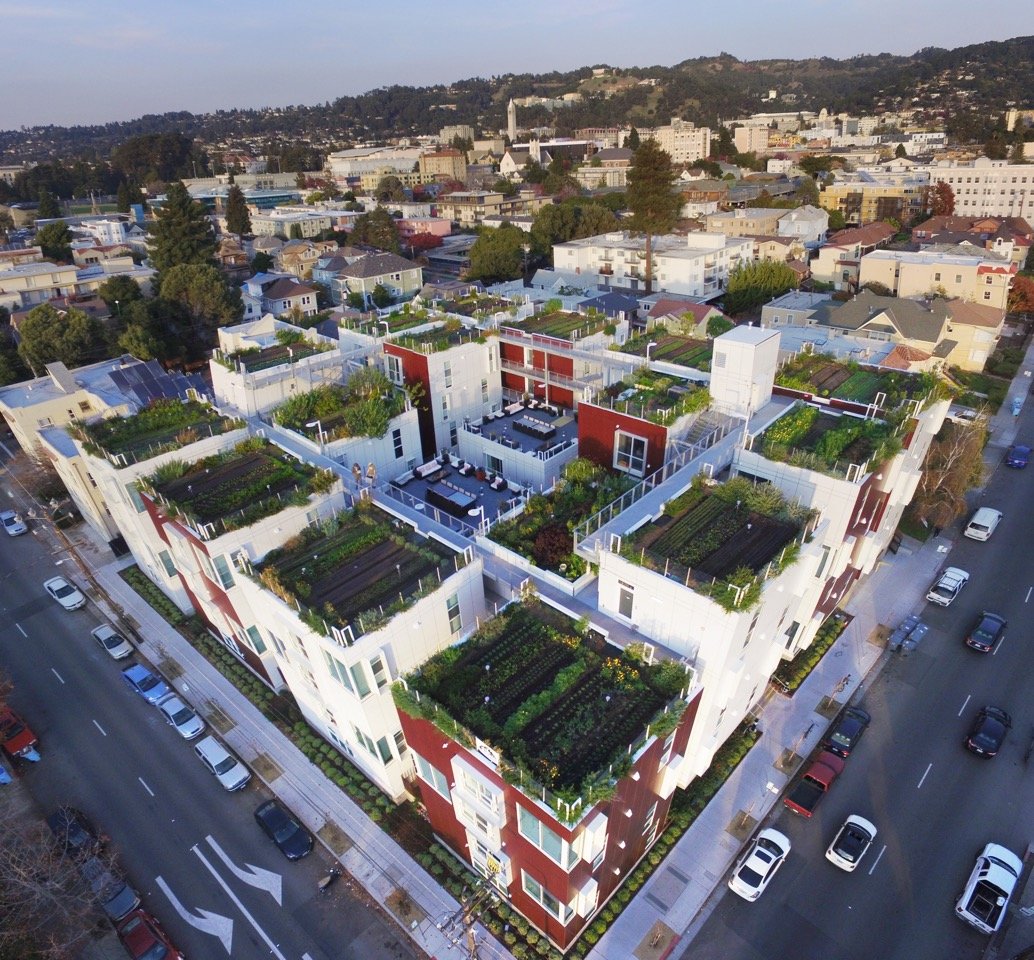A Decade of Green Innovation and Fresh Produce at the Park
Advertisement
Introduction
For over a century, Fenway Park has symbolized tradition and community in Boston. Over the past decade, it has also become a leader in sustainability, proving that even the oldest ballpark in Major League Baseball can embrace new technologies like green roofs. As the 2025 season begins, Fenway Farms celebrates its 10th anniversary—a milestone that showcases the park’s commitment to environmental stewardship and urban farming.
Each spring, “Opening Day” and the return of baseball to Fenway signals renewal—and the legendary Green Monster isn’t the only thing adding color to the ballpark; Fenway Farms has transformed the stadium’s rooftop into a thriving urban oasis, demonstrating that sustainability and sports can go hand in hand. The innovative rooftop farm is part of a larger sustainability initiative at Fenway Park, which also includes (sourced from MLB.com):
Installing 28 solar thermal panels, which have helped avoid 18 tons of CO2 emissions annually since 2008;
Collecting recyclables between innings (the Red Sox have diverted more than 5 million pounds of waste from landfills since 2017); and,
Encouraging fans to use public transportation or bike to home games and providing a free bike valet service;
Fenway Farms, mid-growing season. Photo: Recover Green Roofs
The Vision Behind Fenway Farms
The concept of Fenway Farms was groundbreaking in 2015, bringing large-scale urban agriculture to one of the most iconic sports venues in the world. The vision for the farm was spearheaded by Linda Pizzuti Henry, wife of Red Sox co-owner John Henry, who sought to integrate sustainability and fresh, local food into the ballpark experience.
Interestingly, the idea of growing food at Fenway wasn’t entirely new. Back in 2000, Red Sox pitching coach John Cumberland used the bullpen to grow beefsteak tomatoes and basil. But it wasn’t until 2015 that the concept truly flourished, making Fenway Farms the largest ballpark farm in Major League Baseball. While other stadiums, such as Coors Field, Petco Park, and Oracle Park, also feature gardens, none rival Fenway’s in scale or impact.
Advertisement
Fenway Farms, from above, showing the surrounding area. Photo: Recover Green Roofs
Recover Green Roofs’ Role in Designing & Building Fenway Farms
The challenge of designing and constructing Fenway Farms was entrusted to Recover Green Roofs, a firm specializing in the design, installation, and maintenance of green roofs, including rooftop gardens, farms, and amenity spaces. The farm needed to be structurally sound, highly productive, and capable of thriving in an unconventional setting. The farm, like any green roof, improves stormwater management by absorbing and retaining rainwater—a positive impact on the nearby Muddy River Restoration.
Key design elements for the farm include:
A modular planting system that maximizes available growing space and eliminates loading in walking paths;
Synthetic turf walking paths to protect the membrane and create a more comfortable working environment for the farmers;
Fabric pots that air-prune roots and maximize water and nutrient uptake; and,
A smart drip irrigation system that adjusts to local weather data, ensuring efficient water use.
One particular design-related challenge required a wind uplift analysis aimed to ensure the safety of the rooftop farm by preventing planter boxes from being displaced by high winds. Simpson Gumpertz & Heger (SGH) determined that the roof’s edge zone experienced higher wind uplift pressures, posing a potential risk. To mitigate this, they proposed three options: relocating planters away from the edge, using heavier planters, or securing them with a tie-down system. The Recover design team ultimately moved the planters outside the high-risk zone, allowing the urban garden to be safely installed by Recover and handed off to Green City Growers to produce its first harvest in 2015.
Fenway Farms installation using RAMM container system. Photo: Recover Green Roofs
Advertisement
A Green Solution for Fenway Park
Thanks to Green City Growers, who manages the farm each season, it has consistently produced 4,000-6,000 pounds of organic produce each year. Their thoughtful crop selection, including arugula, lettuce, tomatoes, peppers, eggplants, herbs, and potatoes, is tailored to the needs of Fenway’s kitchens. Beyond enhancing the culinary experience for fans and players, Fenway Farms plays a crucial role in sustainability by reducing the park’s carbon footprint by sourcing fresh produce on-site, rather than using carbon-intensive produce.
The farm is divided into two main areas:
The primary farm rows, which supply fresh produce used in the EMC Club, are prepared by Fenway’s food service provider, Aramark; and,
The Vineyard Vines Deck supports youth and community engagement programs, with 100 percent of its produce donated to Spoonfuls, the largest food rescue agency in New England
Key Partners & Their Contributions
Fenway Farms utilizes an innovative container system known as Recover Aerated Media Modules (RAMMs), which are lined with Smartpots' breathable fabric planters and offer a simple and effective alternative to a built-in-place rooftop farm. With initial installation help from a team of local students, the movable RAMM system was designed by Recover to accommodate snow loads and avoid point loading. The system enhances drainage and aeration, promoting faster plant growth while also serving as a structural framework for trellises, season extenders, and irrigation. This design is especially valuable on a rooftop, where traditional stakes cannot typically be used to secure materials. Additionally, these containers maximize space while supporting healthy root growth and efficient water use. “Our breathable fabric containers are horticulturally designed to maximize plant yields, creating the perfect conditions for urban farming in unconventional spaces like Fenway Park,” remarked Dustin Locks from Smartpots.
The farm’s foundation is built on nutrient-rich soil from Vermont Compost Company, providing an optimal growing medium for a high-yield urban farm. When asked about the future of urban farming, Sid Hammer, Director of Operations at Vermont Compost Company, shared his perspective: "Wherever the sun falls and people are, food should be grown! Reestablishing a direct connection to food production in some capacity—no matter how densely populated an area is—should be part of every urban development plan, especially as so relatively few are able to experience firsthand how food is produced. While there are many challenges to growing food in an urban setting, and cities will likely never fully meet their own caloric demands, I hope to see more opportunities for those motivated to grow food wherever they live. Unfortunately, most urban soils are unsafe, unsuitable, or non-existent, and space is finite—securing space and establishing suitable food-growing soils in urban environments needs to be prioritized for these opportunities to exist."
Since Fenway Farms’ inception, Green City Growers has expertly maintained and managed the farm, ensuring its continued success season after season. "We've been proudly farming Fenway for ten years, and our farmers who tend the farm weekly are so pleased that we harvest thousands of pounds of produce each growing season,” says Green City Growers' Director of Horticulture Sara Rostampour. "It's a great source of pride to raise that bounty right in the middle of the city on top of America's best ballpark!”
Fenway Farms produce close up and overhead. Photo: Recover Green Roofs
Advertisement
Looking Ahead: The Future of Urban Farming & Green Roofs
Fenway Farms received an award of excellence by Green Roofs for Healthy Cities in 2017 and has been recognized as one of the most innovative sustainability initiatives in the country. Since 2015, over 60,000 pounds of produce has been harvested, and countless community and youth engagement and educational programs have been hosted at the farm.
“No trip to Boston is complete without a visit to the legendary Fenway Park—whether the Red Sox are playing or not. After soaking in the history and admiring the iconic Green Monster, I took my experience to new heights—literally—by heading up to Fenway Farms. After seeing it for the first time, I had this moment and thought, ‘Wow! Who came up with that idea?’”
Urban farming at Fenway serves as a model for how sports venues, cities, hospitals, universities, and businesses can integrate agriculture into public spaces, inspiring a greener, healthier future. Fenway Farms stands as a testament to the power of collaboration, sustainability, and innovation. It has redefined what’s possible within urban agriculture and continues to inspire visitors each season.
Over the past decade, Fenway Farms taught us that unused spaces can be productive landscapes while fostering community engagement, particularly in areas with limited access to fresh food. Thanks to the vision and leadership of Linda Henry, who championed the integration of sustainability and fresh, local food into Fenway Park, the farm has become a highly visible model for urban agriculture. One particular lesson learned: we discovered that involving the end user—Fenway’s Chef, Ron Abell—was crucial to ensuring the successful use of the farm’s produce. Additionally, building relationships with food recovery programs, like Spoonfuls, helped create pathways for distributing excess harvest. Fenway Farms has since served as the inspiration for Boston Medical Center’s Powerplant and Newmarket Farms, as well as Sally’s Rooftop Farm in St. Louis, all of which cultivate fresh food and support the communities they serve.
Recover Owner and Co-Founder Mark Winterer shares, “We’re incredibly proud to have designed and built Fenway Farms, a project that has stood the test of time and continues to thrive. It’s proof that with creativity and commitment, green spaces can flourish in the most unexpected places.” As Fenway Farms marks its 10-year milestone, it’s a moment to celebrate not just a farm but a vision for a more sustainable world—one where fresh food, community engagement, and environmental responsibility take center stage.
Advertisement
Katina Bentley is the Director of Marketing at Recover Green Roofs. Esther Park from Green City Growers was a contributor to this article.
For more information, please visit these websites:










